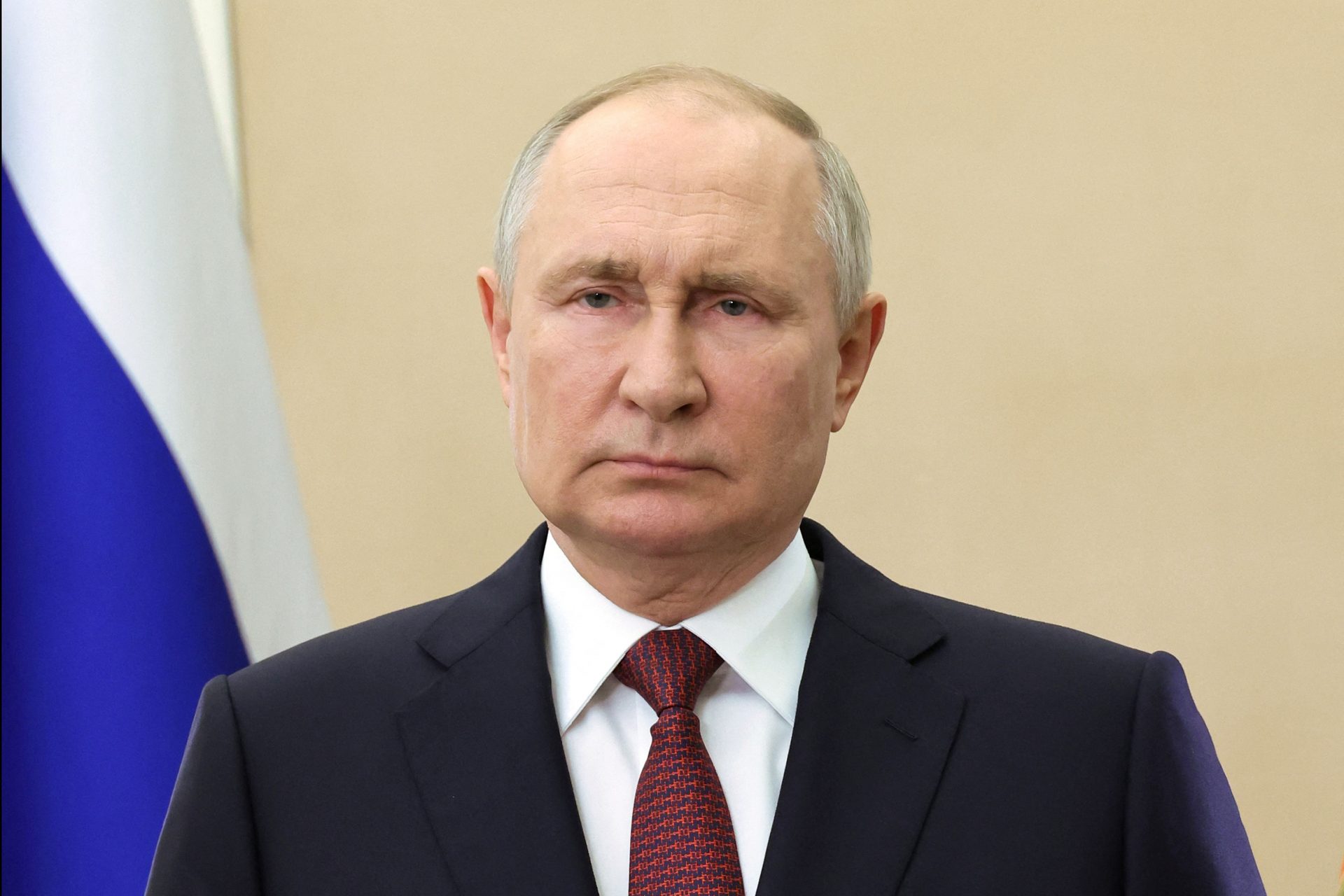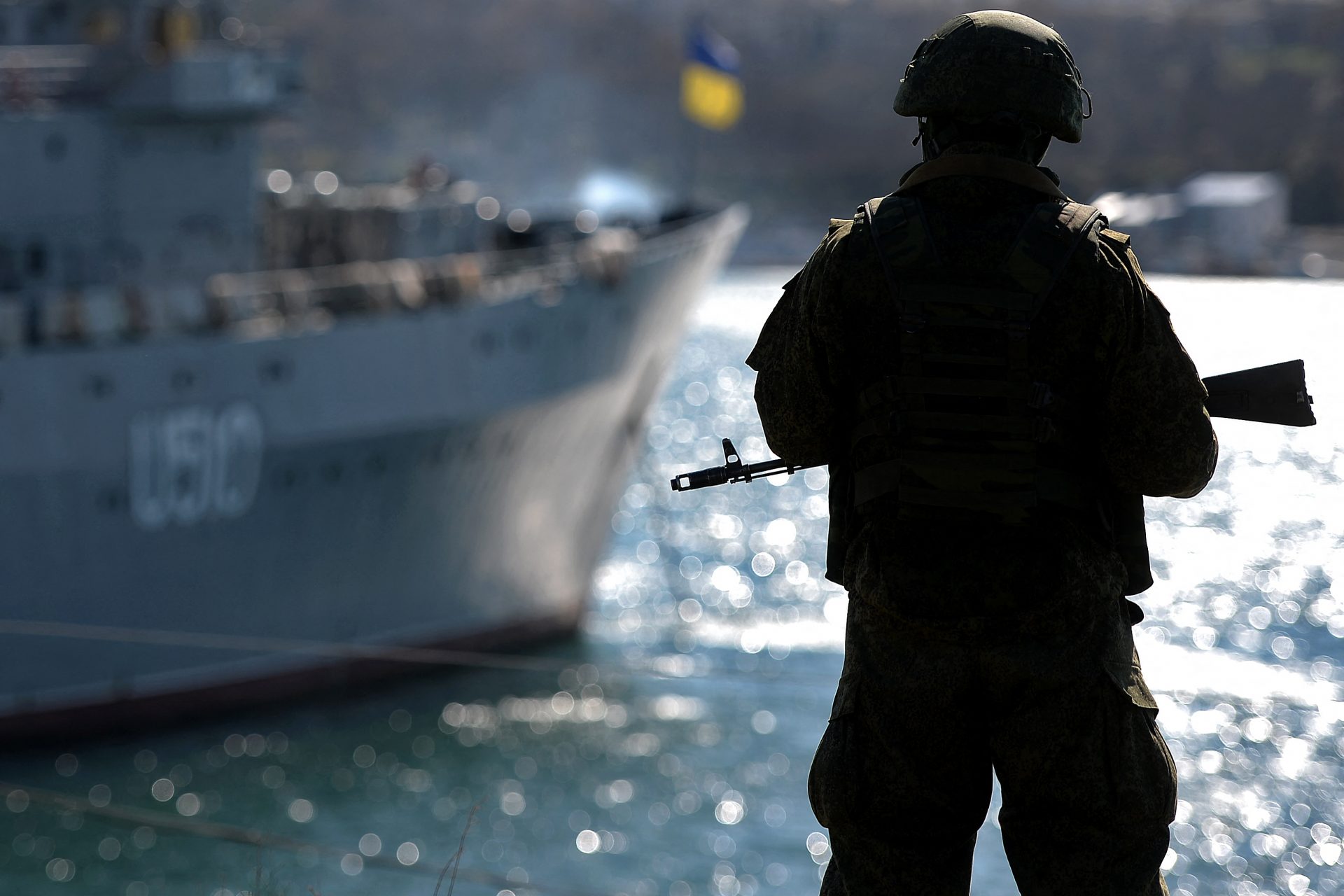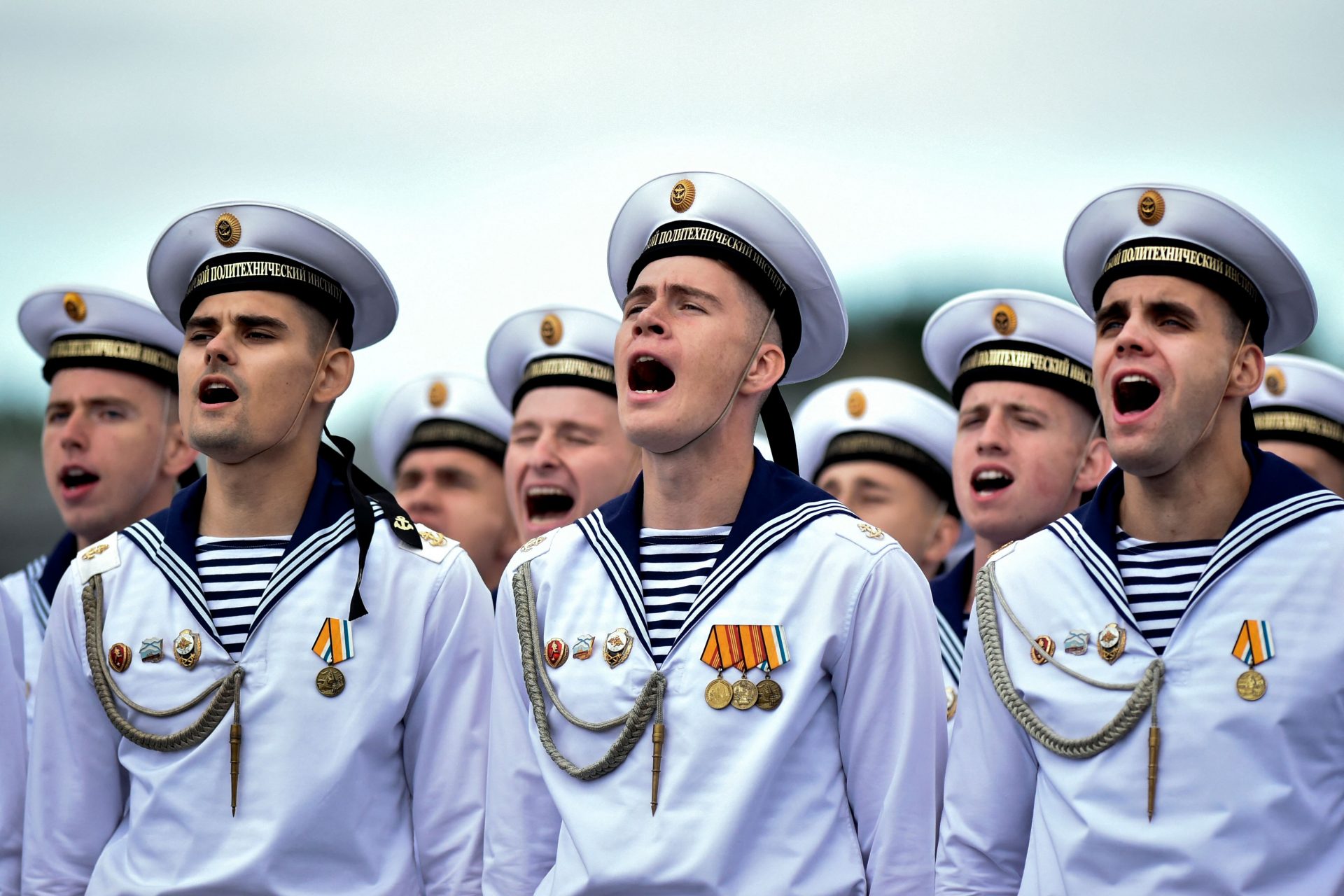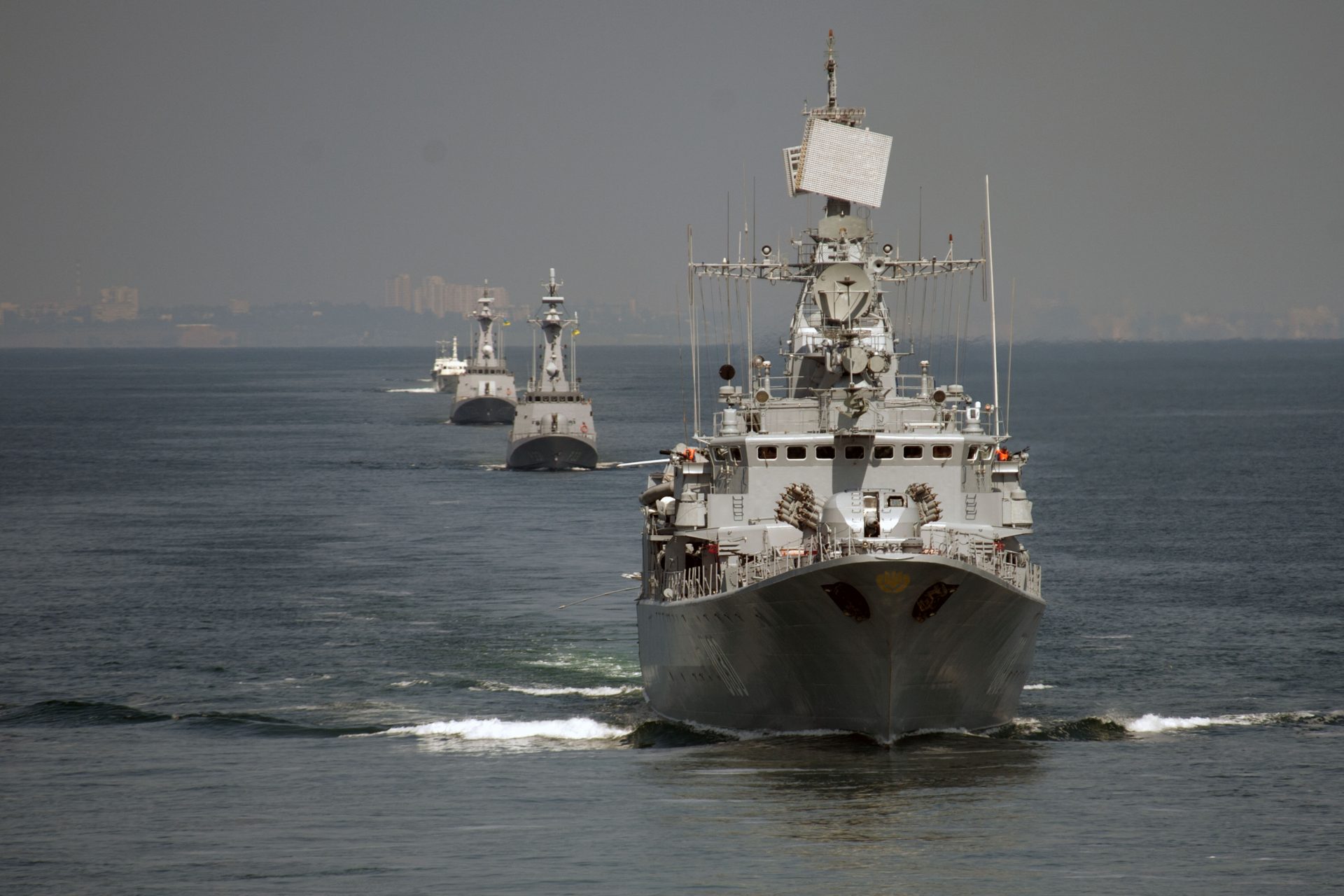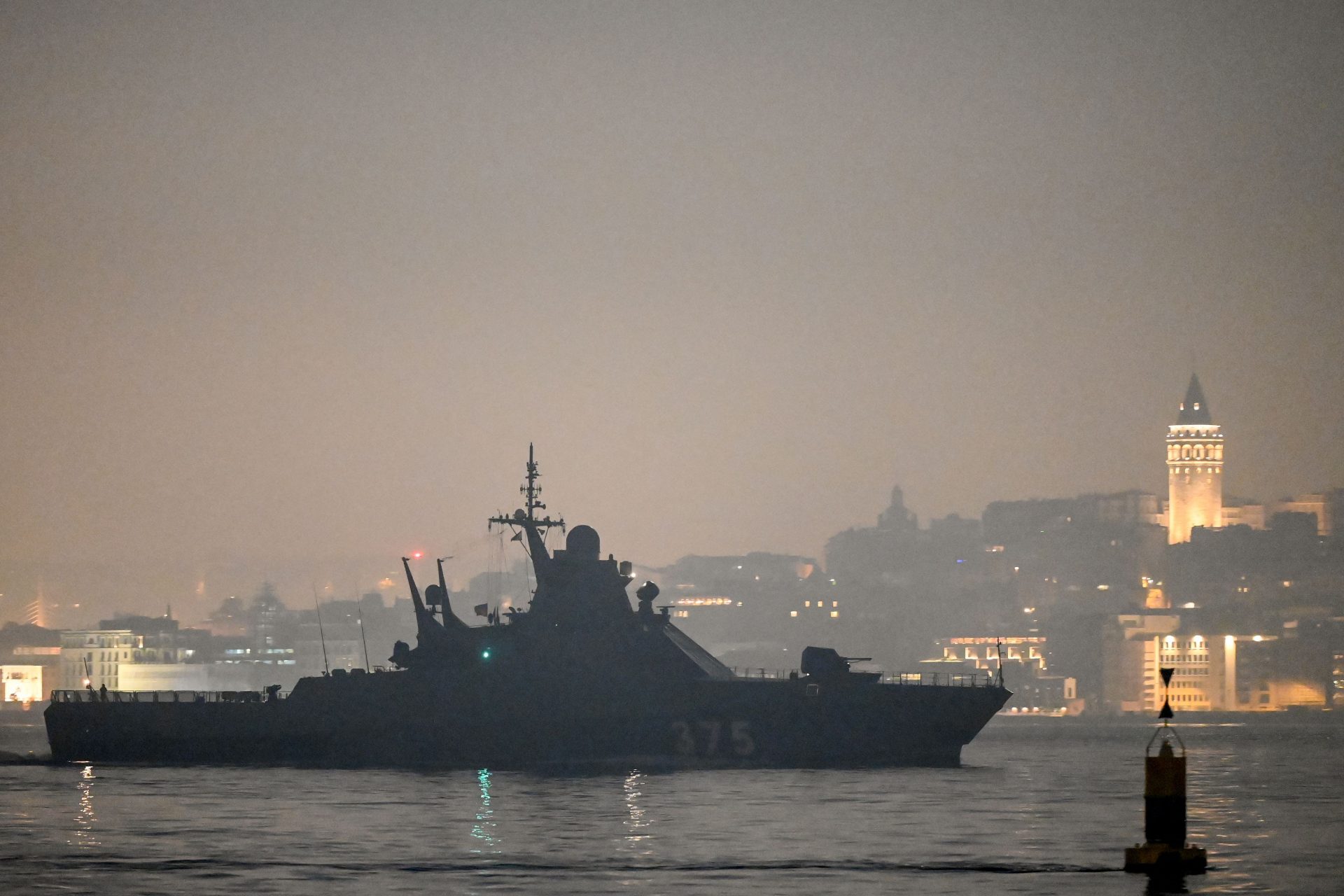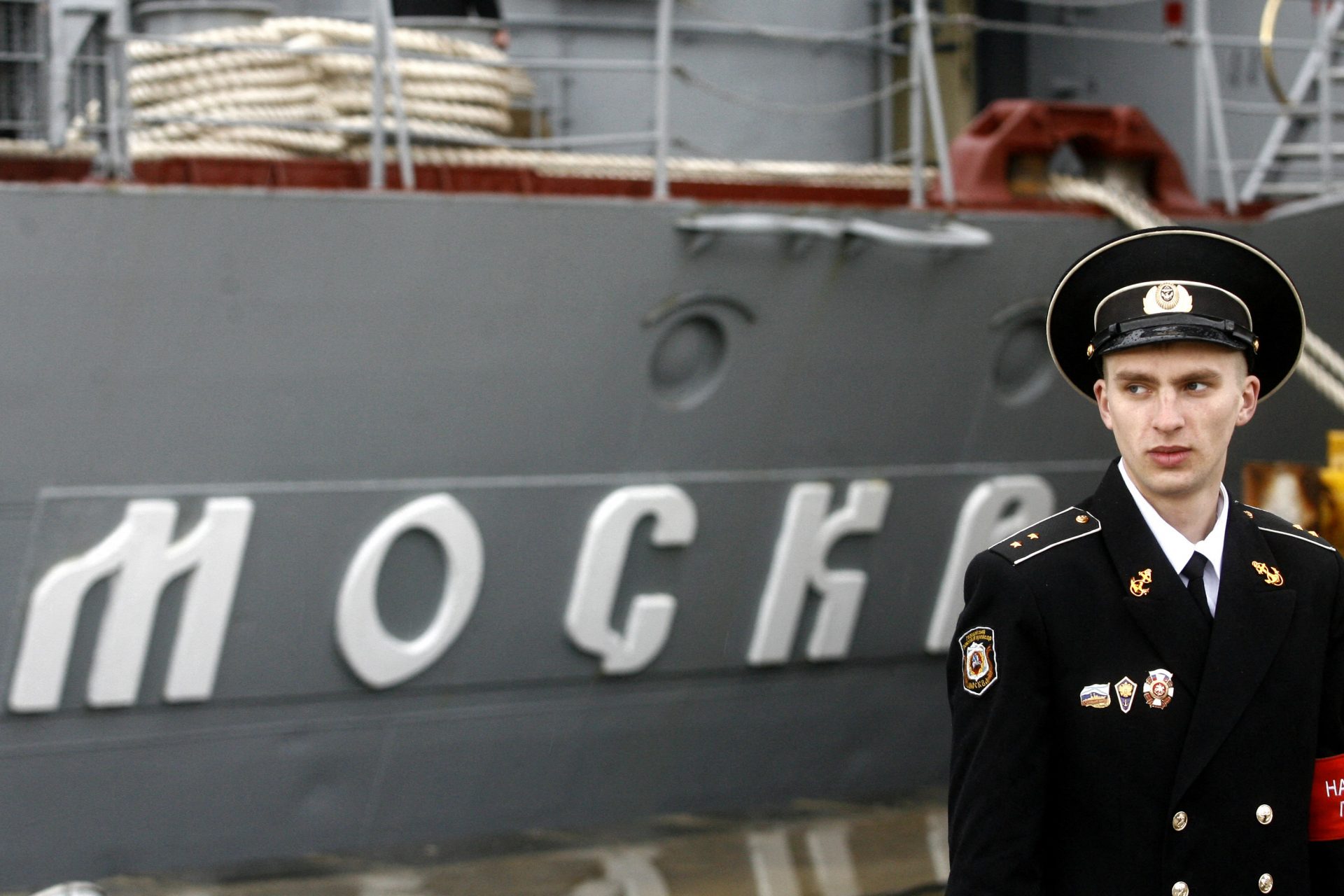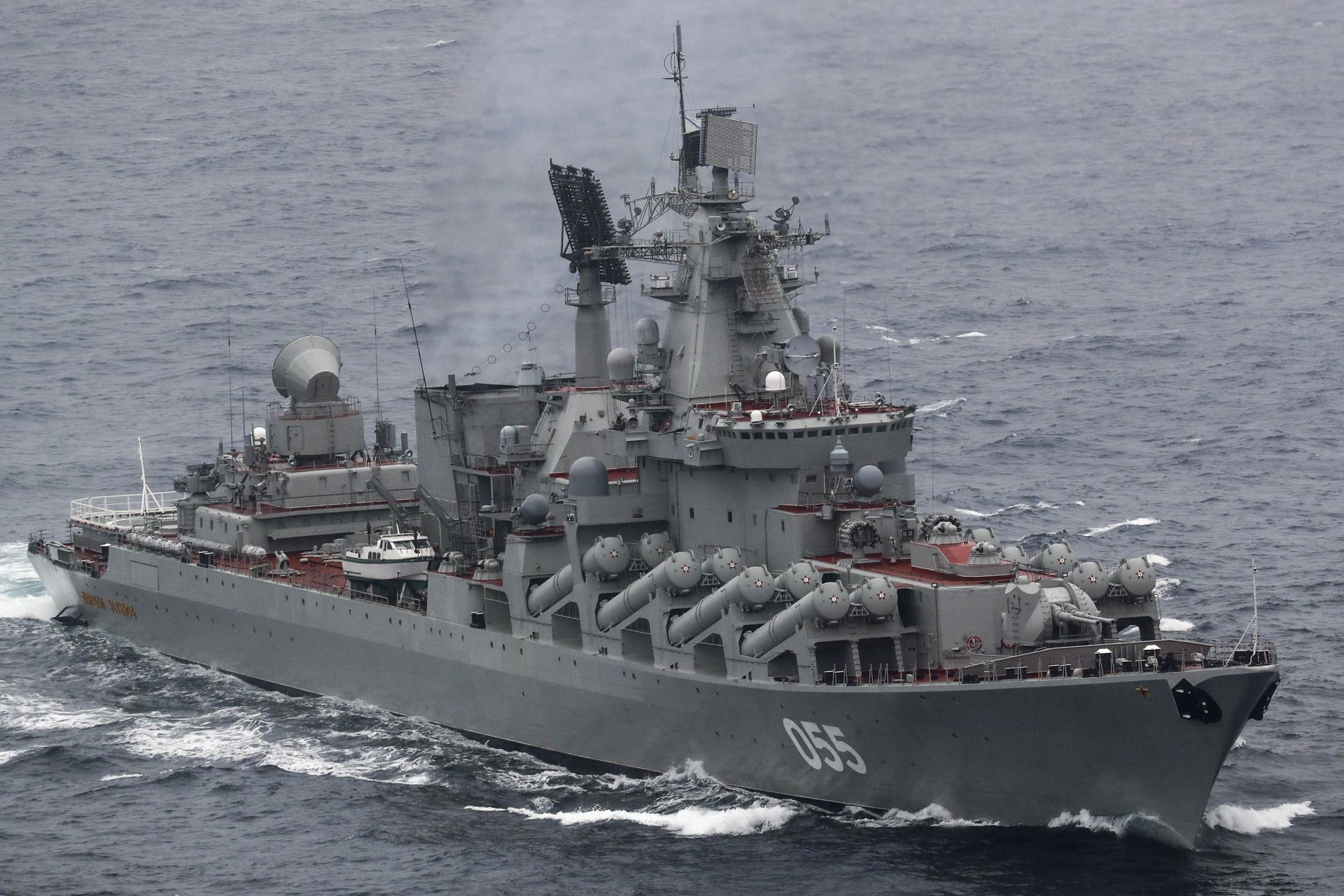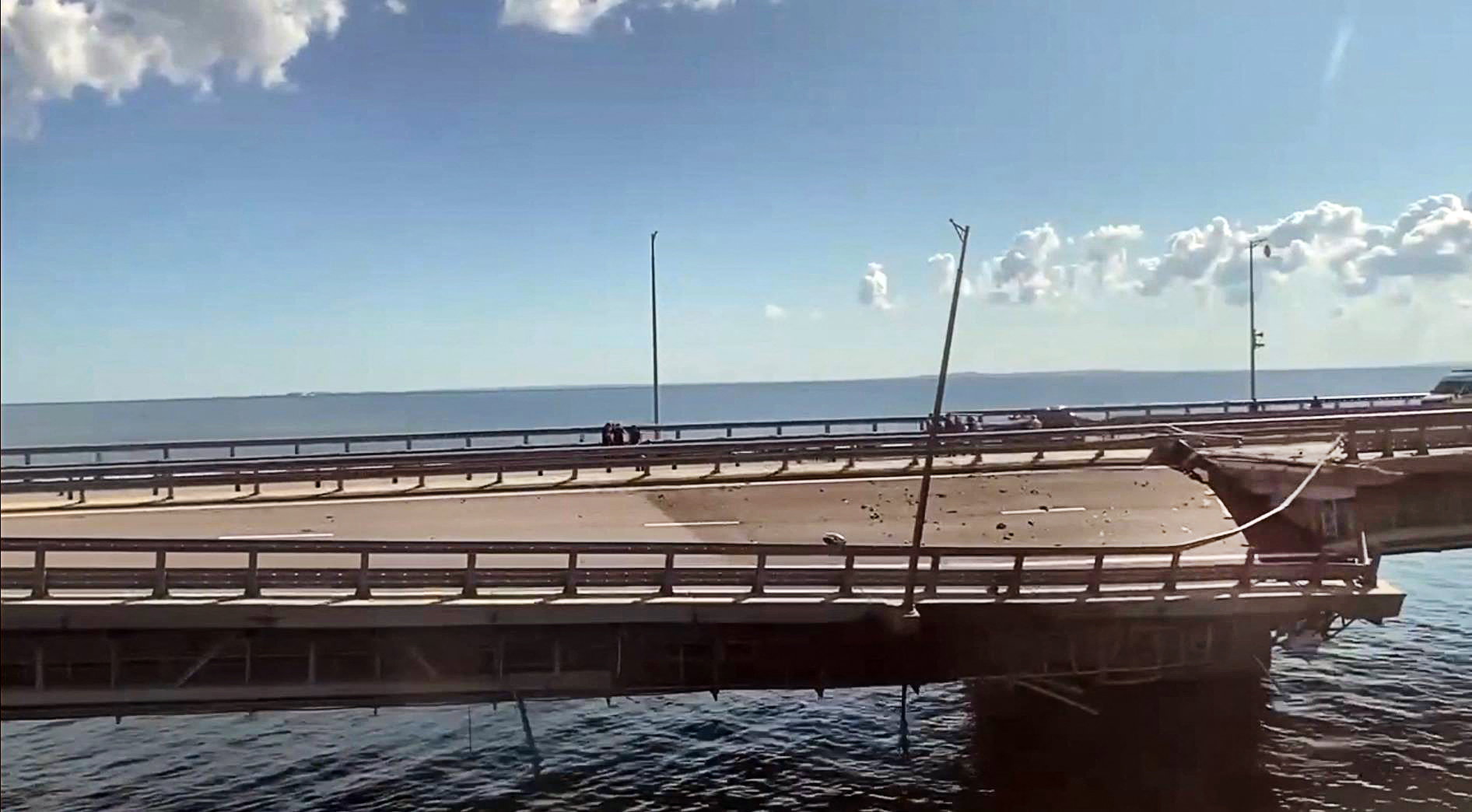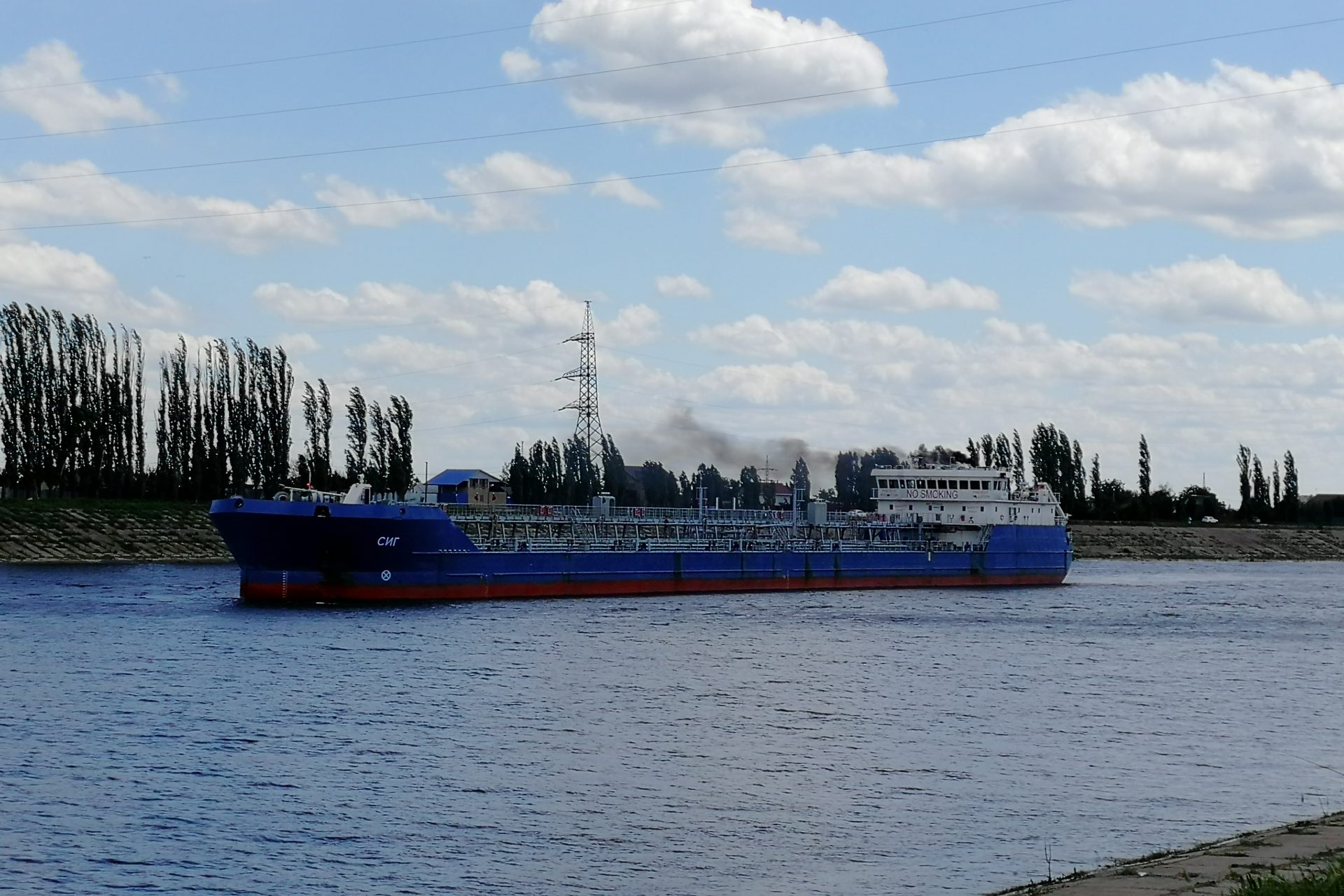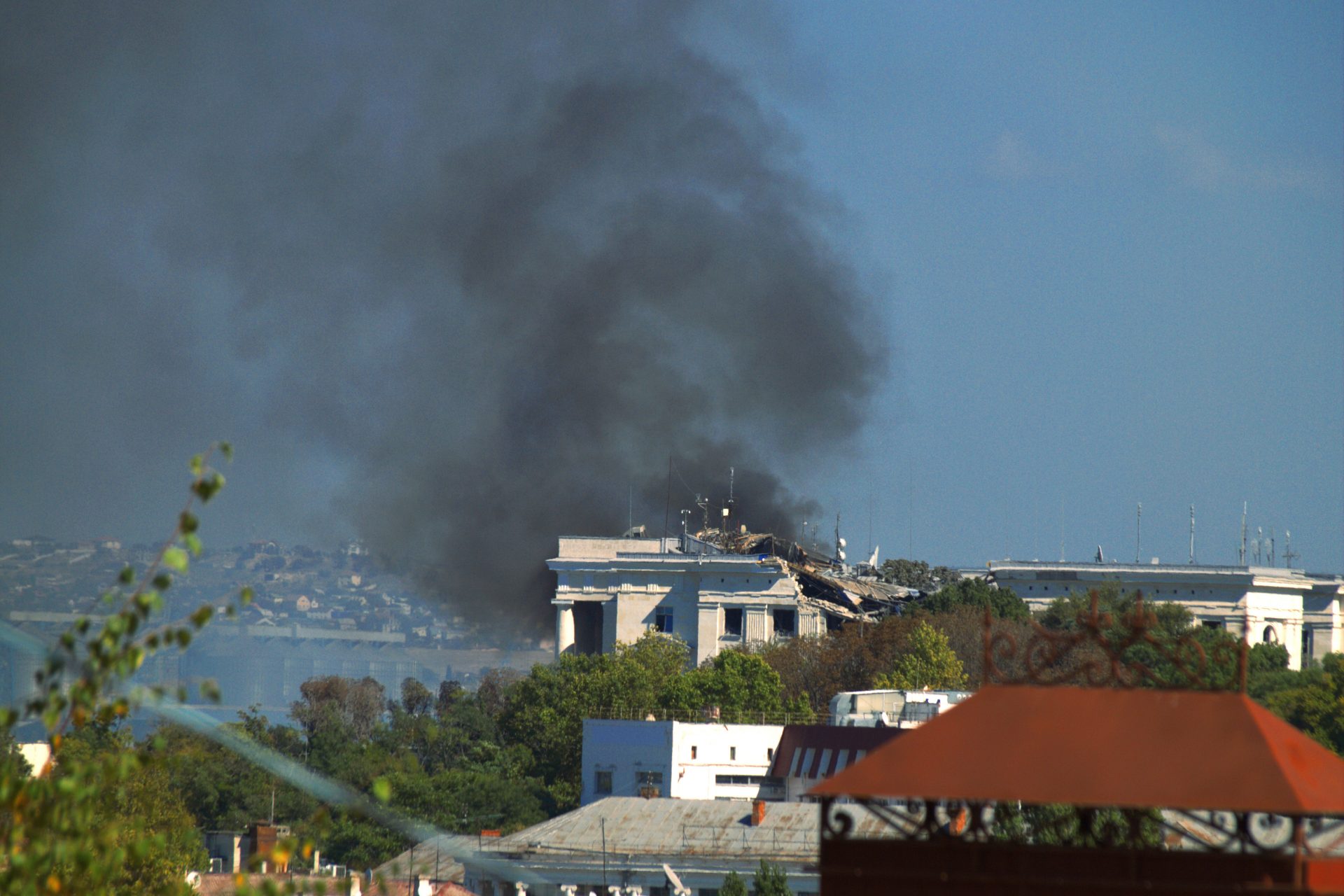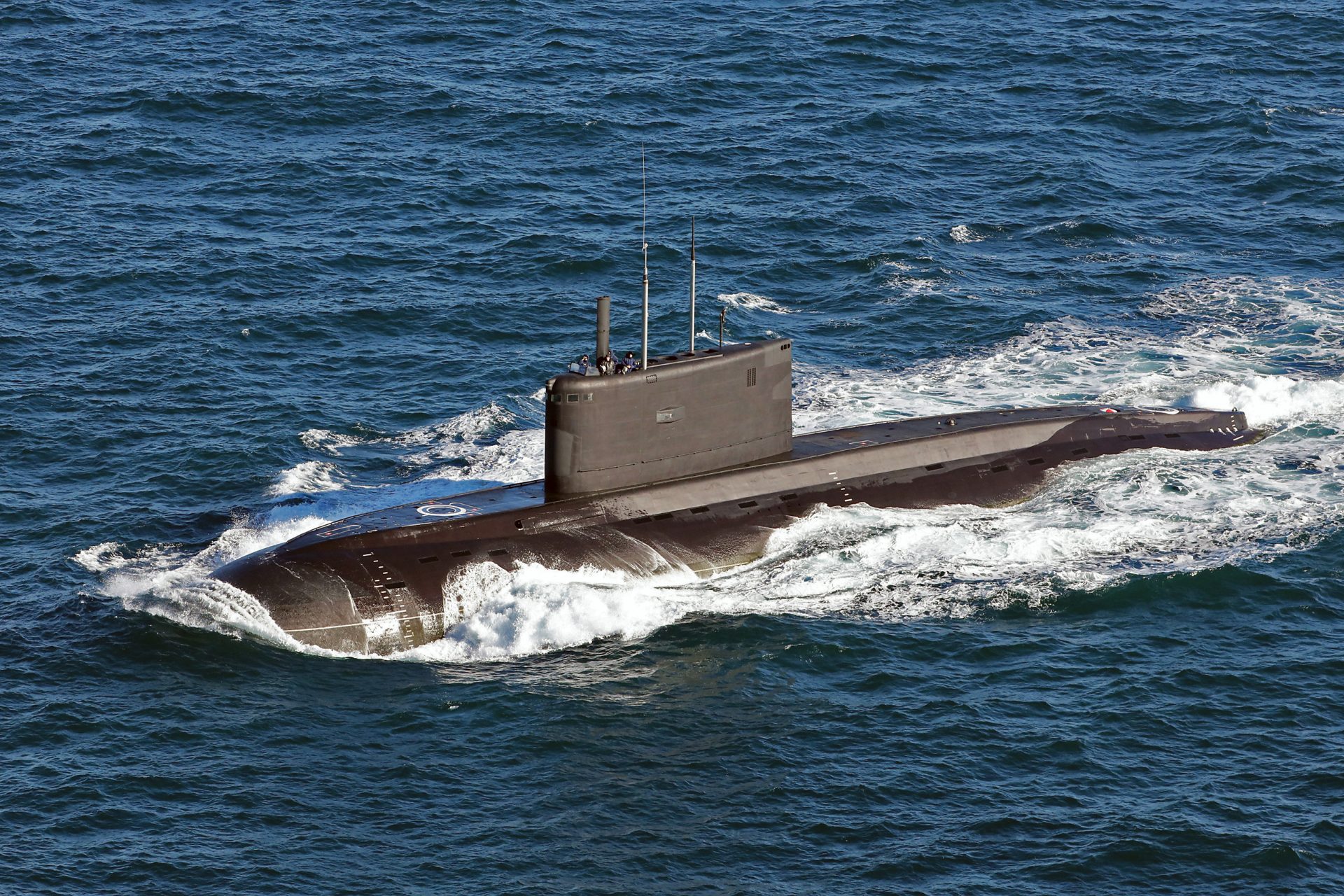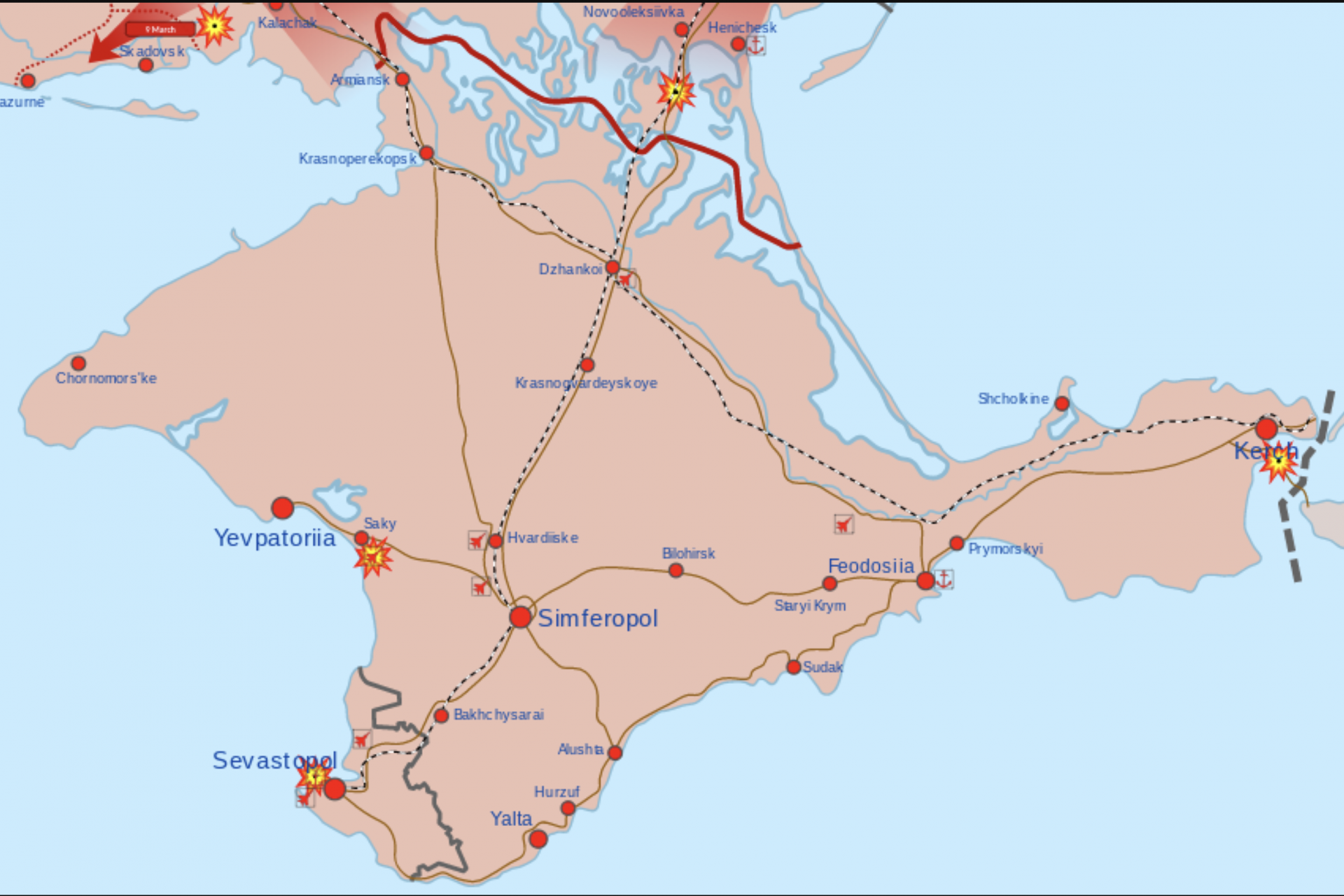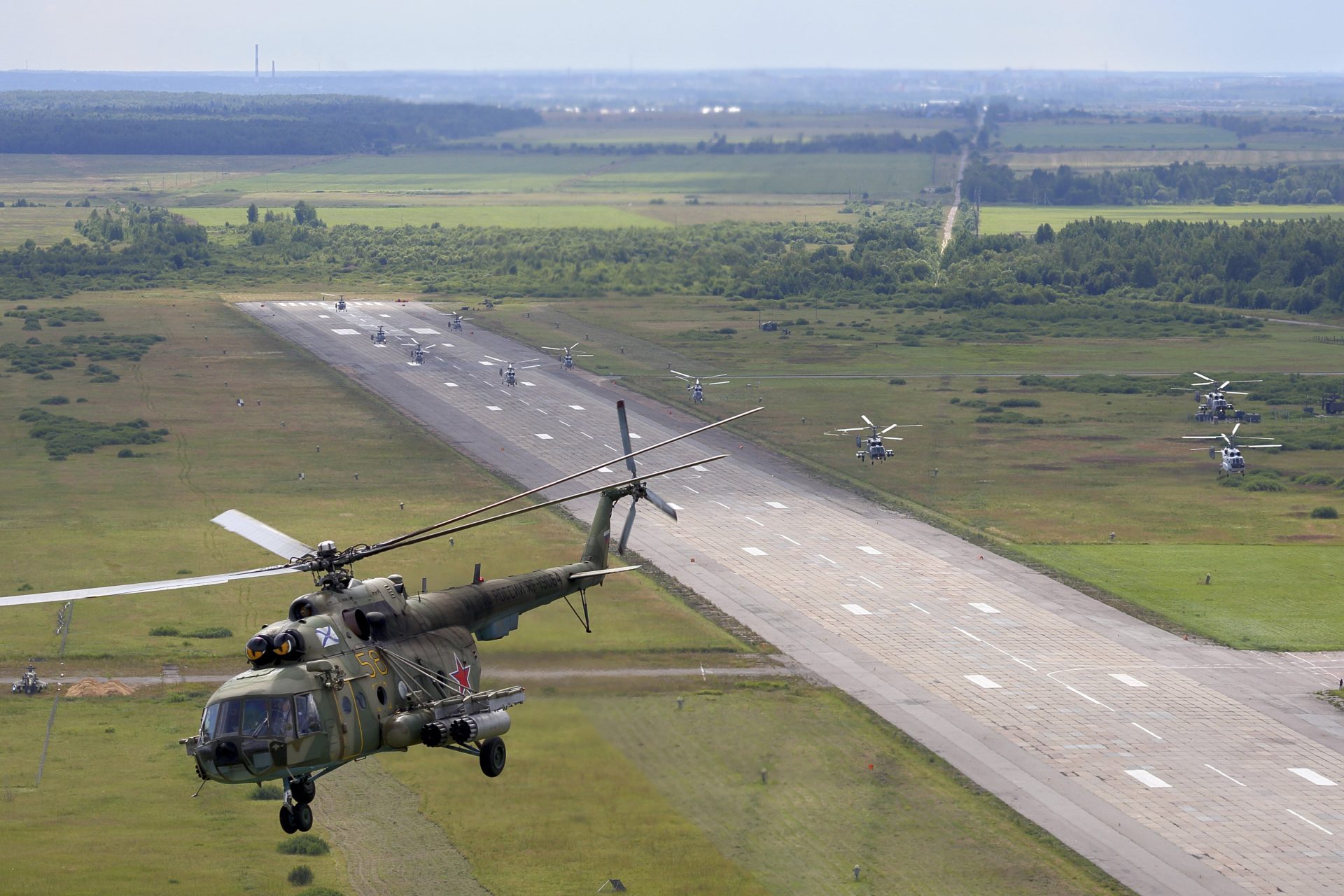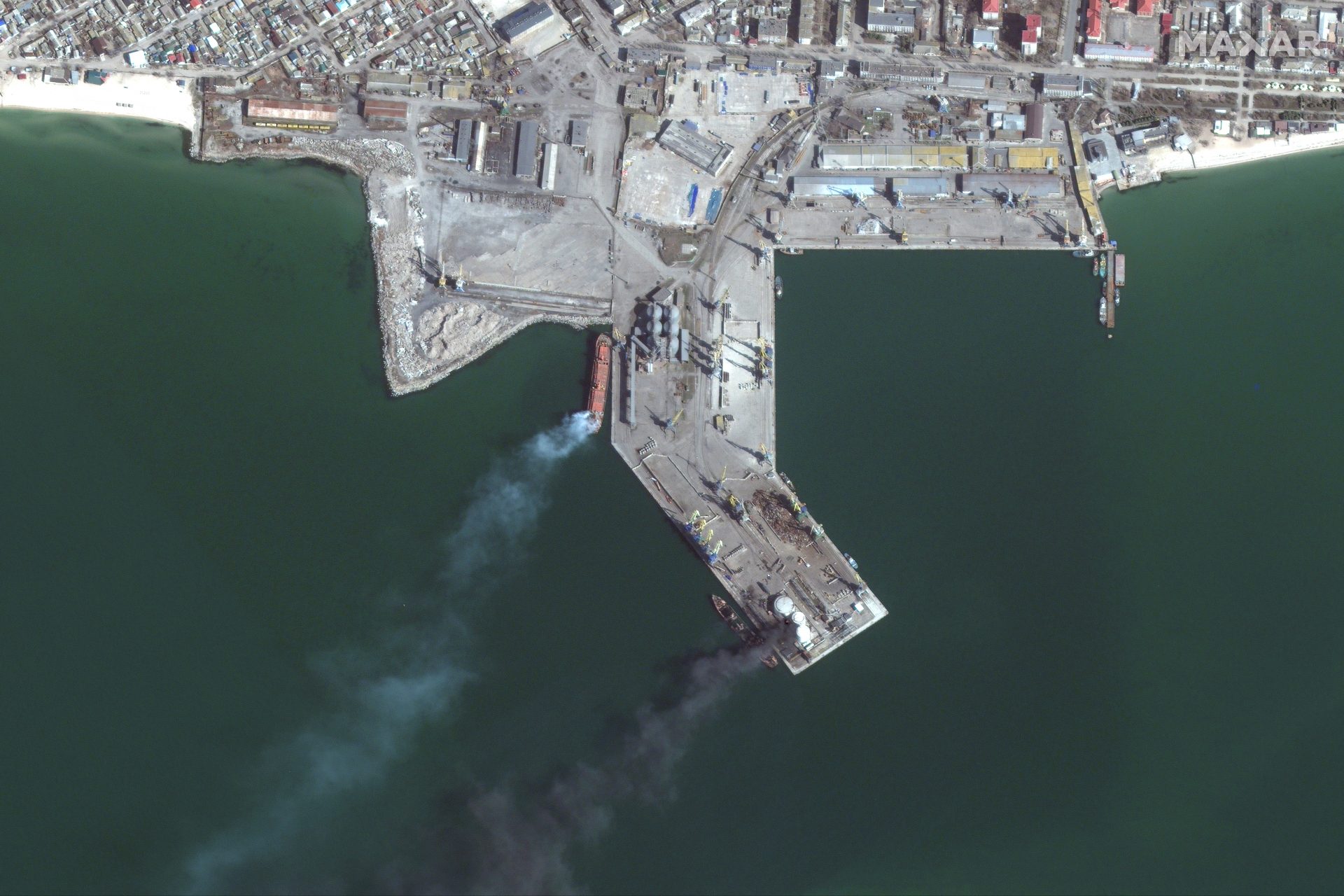Innovative tactics are helping Ukraine win the fight on the Black Sea
Commercial shipping to Ukraine via its unoccupied ports on the Black Sea has returned in recent weeks after the collapse of the Black Sea Grain Deal and Russia’s subsequent re-blockade of Kyiv’s southern ports threatened to close the country off from sea trade.
However, the innovative tactics employed against Russia’s Navy’s Black Sea Fleet have forced the Kremlin’s hand in the region and revealed the changing power balance in the area according to a new report from the Wall Street Journal Yaroslav Trofimov.
Trofimov wrote that the use of domestically produced naval drones and missiles, which have targeted Russian vessels in their home ports, has allowed Ukraine to erode much of Moscow’s strength on the Black Sea. But now the situation is going to get a lot worse.
“To ensure our security, now and in the future, we must start the defense of our shore on the shore of the enemy,” Commander of the Ukrainian Navy Vice Admiral Oleksiy Neizhpapa said in an interview regarding Kyiv’s plans to target ships inside of Russia.
“This is an approach that we’re trying to implement little by little,” Neizhpapa explained. But how did the situation get to this point and why has Ukraine’s asymmetrical warfare against Russia's Black Sea Fleet proved so effective against Moscow’s vessels?
Anyone watching the Russian invasion of Ukraine in February 2022 could have been forgiven for thinking Kyiv had little to no shot against the Kremlin’s naval forces on the Black Sea. Russia began the conflict by outnumbering Ukraine’s vessels twelve to one.
The situation at the beginning of the invasion looked so bad for the Ukrainians that the commanding officer of the country’s flagship—the Hetman Sahaidachny—decided to scuttle the ship in order to keep it out of Russian hands according to The Independent.
Photo Credit: Wiki Commons
Former Ukrainian Defense Minister Oleksii Reznikov wrote on Facebook “It is hard to imagine a more difficult decision for the brave warrior and the entire team. But we are building a new fleet. Modern, powerful.” He continued by calling on Ukrainians to resist.
“The enemy is terrified and afraid. We have not defeated him yet. But that time is surely coming,” Reznikov continued. He may not have known it at the time but Ukraine would build a powerful modern fleet—one of drones and missiles rather than surface ships.
The first hints of Ukraine’s plans to fight an asymmetrical war in the Black Sea theater of war came in April 2022 when the country’s naval forces used drones and its homemade Neptune anti-ship missiles to sink the Russian Navy’s Black Sea Flagship, the Moskva.
The Conversation’s Basil Germund noted that Moskva’s sinking showed Russia couldn’t safely operate in the vicinity of Ukraine's coast, and as a result, it forced Russia’s naval vessels in the Black Sea to operate closer to Crimea for cover from the naval air wing.
What followed the Moskva’s sinking was another shift in tactics that saw the Ukrainians employ their domestically developed uncrewed naval drones that targeted both Russian infrastructure and Russian surface vessels, attacks which have damaged several ships.
Photo Credit: Wiki Commons
A CNN exposé on one of the naval drone models designated the Shark was able to get confirmation from its Ukrainian defense sources that uncrewed naval drones had been used in at least two attacks against the Kerch Strait Bridge in July 2023.
Attacks against the Russian Navy’s assets in the Black Sea only got worse as Ukraine launched its much-anticipated counter-offensive and August saw drone operations that Reuters noted damaged the Russian oil tanker SIG and frigate Olenegorsky Gornyak.
Photo Credit: Wiki Commons
However, Kyiv was still focusing on aerial drone and cruise missile attacks on Russian naval bases throughout its summer operations with the country’s new naval drones and one of the largest and most devastating attacks took place in September on Sevastopol.
Ukraine used Storm Shadow cruise missiles supplied by the UK to strike the Black Sea Fleet’s 13th Ship Repair Plant in Sevastopol, destroying the Ropucha-class landing ship the Minsk, and the Kilo-class submarine the Rostov-on-Don according to the Kyiv Post.
Photo Credit: Wiki Commons
“While the loss of the Minsk was certainly a blow to Russia—after all it was the third large surface vessel Ukraine had destroyed—the impact of the submarine’s destruction had even broader implications,” the Kyiv Post’s Steve Brown reported.
Photo Credit: Wiki Commons
“The destruction of the submarine was particularly valuable, not only because it has removed a military asset from Russia’s order of battle but also for reasons of both morale and increased security,” Brown added.
An even bigger boost to Ukrainian morale came on September 22nd when the country’s armed forces used Storm Shadow missiles supplied by Britain and France to eliminate the Black Sea Fleets commander along with 33 other naval officers according to CNN.
“After the hit of the headquarters of the Russian Black Sea Fleet, 34 officers were killed, including the commander of the Russian Black Sea Fleet,” Ukrainian authorities noted on September 25th, adding that roughly one hundred other servicemen were wounded.
CNN was unable to verify Ukraine’s claims that Viktor Sokolov was killed, but if they prove to be true then it would be a powerful message to the Russian leadership that they’re not safe anywhere as long as they continue to occupy Ukrainian territory.
Photo Credit: Wiki Commons
Viktor Sokolov was appointed the commander of the Russian Black Sea Fleet in August 2022 with CNN reporting Sokolov took over the position after “heavy losses and a string of explosions at Russian military facilities in Crimea.”
Photo Credit: Wiki Commons
Prior to the attack on the Black Sea Fleet’s command structure, the founding director of the Russia Maritime Studies Institute at the U.S. Naval War College Michael Petersen told the Wall Street Journal that Ukraine's tactics shifted the naval war in their favor.
“It’s very clear that the Russians no longer have the initiative in the Black Sea because of what has been a frankly ingenious approach by the Ukrainian Navy and Ukrainian special-operations forces. There’s a really important shift,” Petersen explained.
“The Ukrainians have gradually taken back the initiative, and this series of small tactical victories has begun to add up to operational and even strategic success,” Petersen added; it's a sentiment that certainly is starting to look true as the Russian losses mount.
How the next few months will proceed is not yet known. But it is likely the world will see more attacks on Russia’s naval forces in the Black Sea and this could bring about more retribution from Vladimir Putin in the form of significant strikes against Ukrainian ports.
More for you
Top Stories



